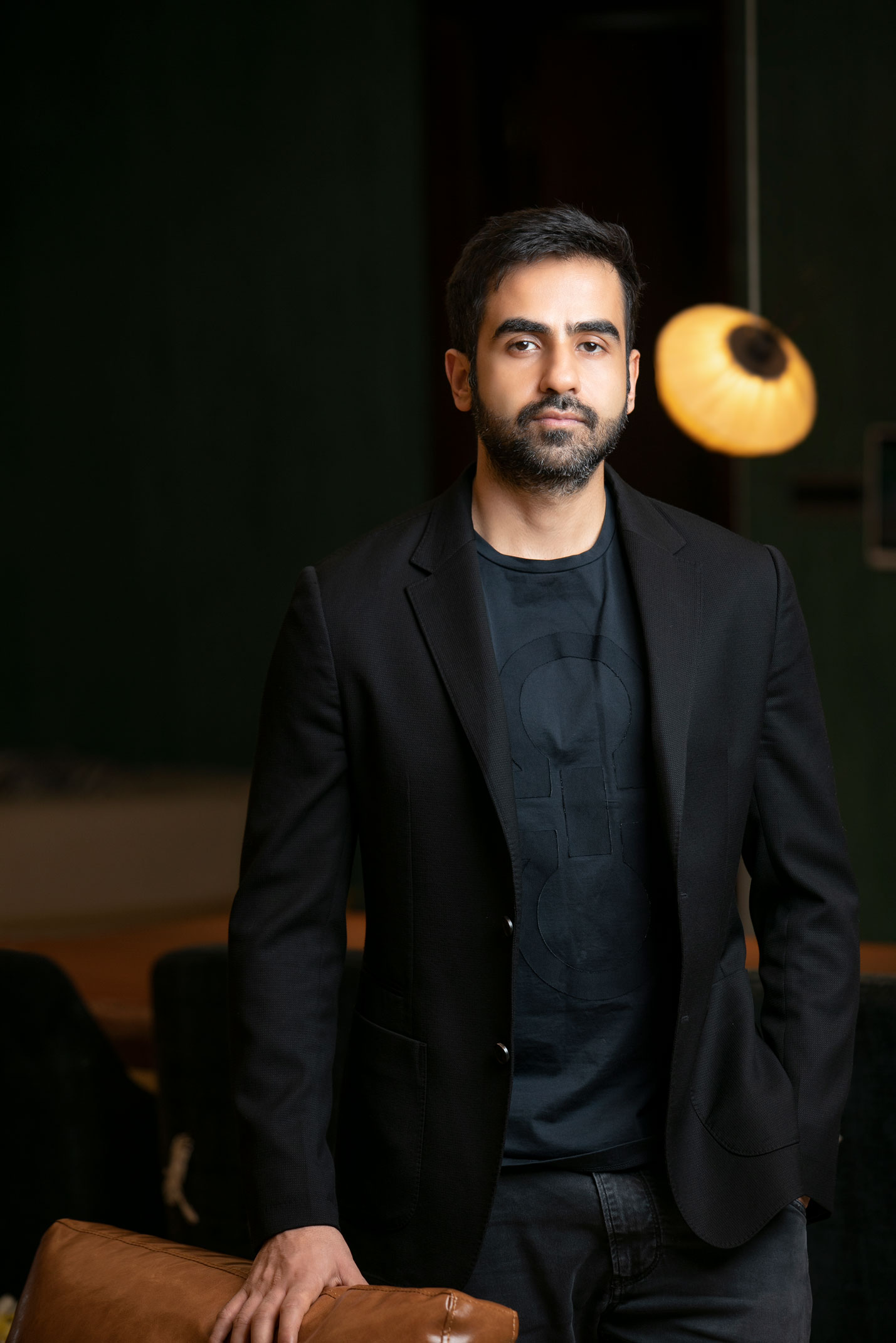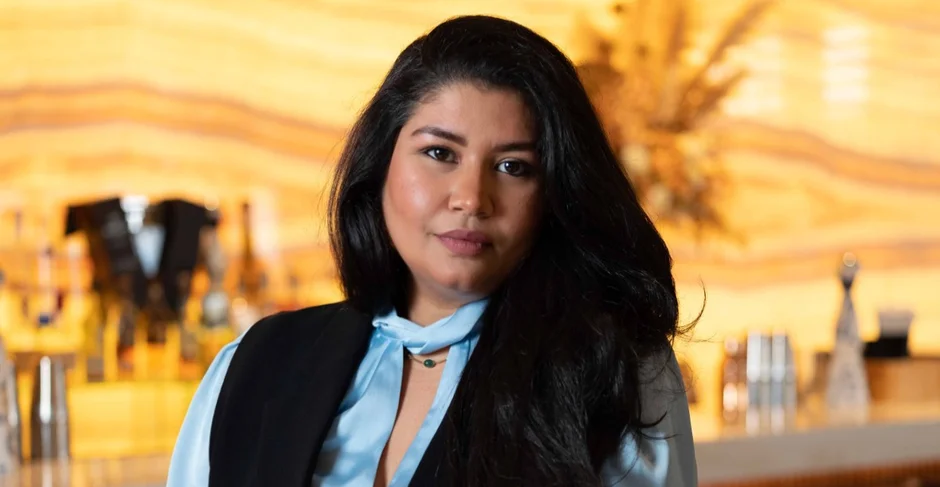Co-founder of Zerodha and rainmaker Nikhil Kamath, is now used to achieving the impossible. The boy who at 14 dropped out of school, co-founded what is now India’s largest trading brokerage with his brother Nithin in 2010. Last year, he became India’s youngest billionaire at the age of 34. In October 2020, the brothers also made it to the Forbes India Rich List with a combined wealth of $1.55 billion. His own net worth is over Rs 7,100 crore INR.
There is something about his journey that defies calculations even though he strategizes investments. He did not complete his formal education but reads at least two books a week. He is a chess player who could have had an international career but chose to become an entrepreneur. The young boy whose interest in stocks led him to build an investment company worth billions.
Perhaps it has something to do with a long-term, predictive vision that few people have. Where most people think about only their next step, he creates blueprints for the future. And then with the unerring precision of a champion chess player, makes his way through obstacles to reach exactly where he wants. That is why his company which has a turnover of over $10 billion is also called Zerodha. An enterprise where an ‘avrodh’ ( ‘hindrance’ in Sanskrit) is reduced to zero. And speaking of long-term vision, Zerodha was the precursor even to the U.S. trading platform, Robinhood. As a school boy, he dreamt of being on the cover of Forbes Magazine and got there in November 2020.
Many Stories In One Story
You cannot tell Nikhil’s story without mentioning his ”earliest influences”, his parents. He says, “My mother was a music teacher and my father was a banker- so we moved a lot. My brother Nithin and I had a simple upbringing and we were encouraged to study and just be good human-beings. Moving around the country when we were younger, really shaped us. I definitely attribute my extroversion to the constant movement from one place to another. Travelling at a young age also gives you exposure to different perspectives.”
Books of course expanded his world-view too. As he says,”I have liked reading since I was young as I had a very curious mind. The passion continued even when I dropped out of school. Initially I accelerated my reading to keep up with my friends who were in school or college, but I soon discovered I liked reading Psychology and Philosophy.”
Both subjects would help him understand the complexities of the human mind and also train him to simplify complex abstractions to arrive at harmonious solutions. He says, “Stoicism does not stipulate that one does not feel, it simply means that we should step back from what we are feeling and take an objective stance.” The Hellenistic philosophy of stoicism, he insists, has helped him during trading and prevented him from making impulsive decisions.
The obstacle buster
In business and in life, Nikhil does not like to be impeded by external or internal limitations or obstructions. That is why he left school so he could play chess competitively at the Indian National Chess Championships. And then not waiting to see if the lack of a professional degree would prevent him from having a conventional career, taught himself trading through observation, study, errors and success. And along the way, along with his brother Nithin, simplified the path to investment for others by learning how to get over, yes, obstructions by building a brokerage platform for untutored investors. How effective the platform is demonstrated by the fact that during the harshest time of the pandemic last year, Zerodha’s registered users doubled to more than 4 million. And all of this unfolded without any external investing.
He also co-founded True Beacon, an asset management company with Nithin to guide ‘high-net-worth individuals.’ It aspired to beat Nifty 50, India’s benchmark stock index and in the very first year of its inception, did so by over 26%. Currently, affluent clients from London to Hong Kong are flocking to True Beacon.
The stoic and the empath
Nikhil’s life has many sub plots and his vision for his own life and work is guided not just by the information he absorbs and processes from what he sees, reads and experiences but what his fellow human-beings endure. He may be a stoic in some aspects of his life but he is also deeply empathetic and responsive when it comes to the state of the planet and those who share it with him.
Perhaps that is why for someone who has made an inordinate amount of wealth for himself and others, Nikhil does not think that wealth can be an end in itself.
He still remembers his roots and the middle-class upbringing where his father’s transferable job exposed him to India’s diversity and subliminally, also its many economic and social Inequities.
He says, “I don’t think any one instance can be attributed to have triggered our motivation to give back to society, except that the value system Nithin and I were given when we were younger, has shaped us. There has been a lot of luck involved in our success, and I feel it is important to give back when there is so much inequality around.”
Now that he has made money, Nikhil wants to “reinvent” what it means to be a billionaire, not just in India but also globally.
How will he do it?
He says, “I am a strong believer in instituting a strong inheritance tax. It is only when the privileged make drastic changes, will our world see actual transformation.”
Even though he himself is self confessedly a product of Capitalism, he dreams of social justice at a micro and a macro level.
So while a large part of his time was dedicated to a mass feeding programme in Bangalore last year after the onset of the Covid-19 pandemic, Nikhil and his brother have also sponsored a non-profit initiative called the Rainmatter Climate Foundation which is focused on fostering and assisting ideas that help preserve and regenerate ecosystems.
They have committed a $100 million fund to this initiative to address climate change, and to help grassroots workers, organisations and companies focused on afforestation and ecological restoration. The money will be disbursed as grants and as direct funding for chosen projects.
Because every drop matters
Ask him more about the Rainmatter Climate Foundation, and he refers to the website where it is clearly articulated that neither revenue nor “growth” have ever been Zerodha’s primary goals. Hence the commitment to Rainmatter Foundation which also has a public forum to engage with the community. The foundation recognises that the battle against climate change needs direct interventions by individuals as well as the far reaching work of larger platforms that are working to make a difference. Both need enablement and support and that is where Zerodha comes in. To remove all the obstacles in the way as always. This is not charity, the company insists but, “ an investment into our own future and wellbeing.”
They hope to get there with the help of technology and market skill, and by moving the needle towards “a green economy and also green jobs across geographies, that are not limited to a few urban centres.” Reversing both migration and concentration of value, wealth and resources is critical, believes the foundation. The brothers are investing in entrepreneurship that wants to create, “ a greener, more equitable and lower footprint economy.”
Currently , the Foundation is restoring a 70 acre private forest, supporting Swayyam, a farmers’ collective and also guiding the Center for Wildlife Studies in their initiative, Wild Shaale, which is a conservation-education program designed for rural school-going children living around wildlife reserves.
A large subsidised/free nursery is being created so that more community micro-forests can flourish and a blueprint is being formulated for greening road medians and islands in an ecologically sound manner.
The way to inclusive change , feels Nikhil, is to disseminate knowledge about climate science, support climate entrepreneurs and green business practices, impact policy, and never sideline social justice.
Clearly, the term “predictive intelligence” in his case extends not just to correctly knowing what step to take next in his own life but how to impact millions of lives for the better. Make that billions.




